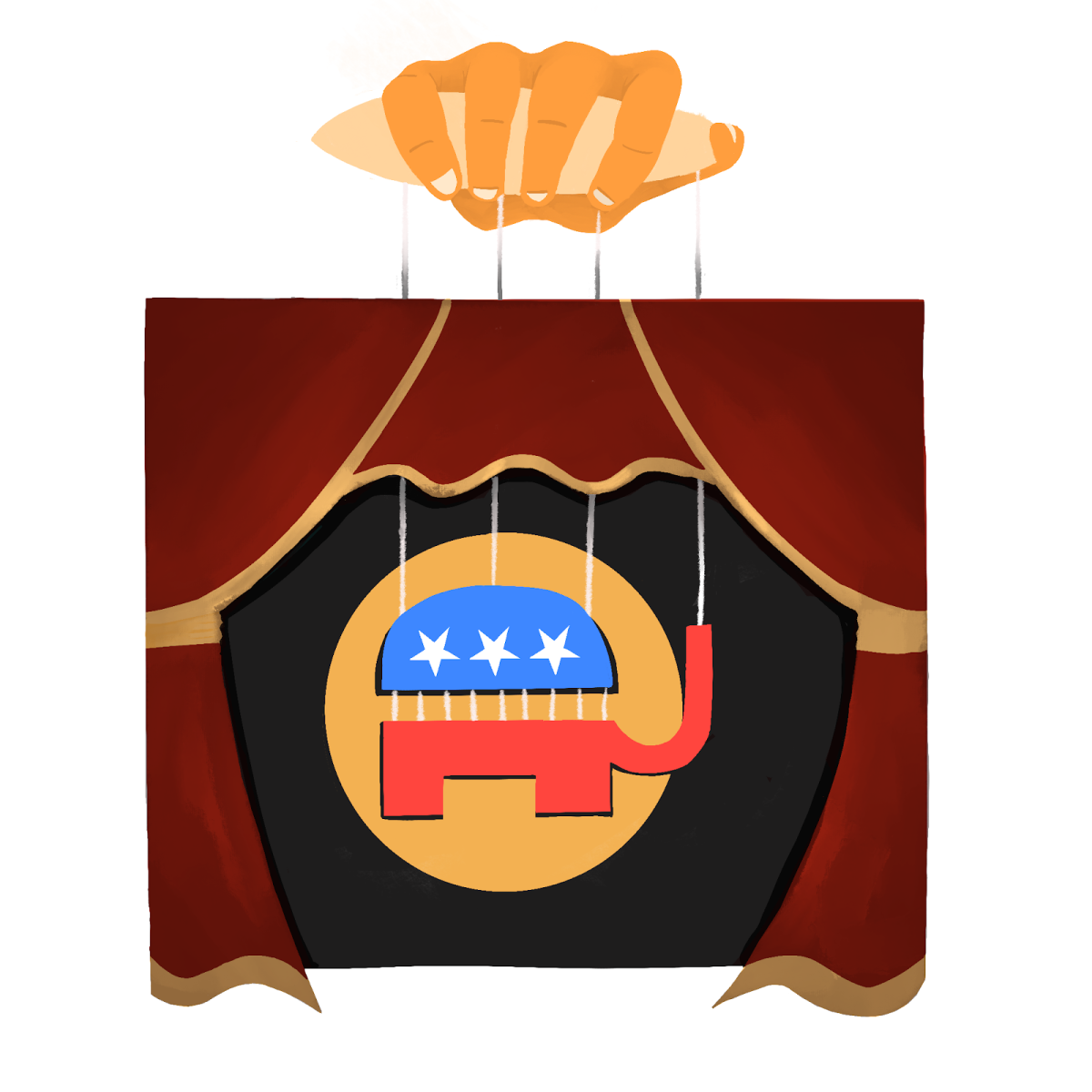Immigration
Before Trump’s presidency, the Republican party was already concrete in its largely anti-immigration stance. Founded in the mid-19th century, goals of prioritizing American citizens in the workforce were rampant in popularizing this viewpoint. As numerous prevalent Republican figures like George W. Bush and John McCain focused on securing the border, they also pursued ways to make gaining citizenship easier for undocumented citizens. One of the ways is the Comprehensive Immigration Reform Act that prompted policies such as creating more temporary visas and advocating for bipartisan support. Furthermore, the economic benefits of immigrants were emphasized as Republicans acknowledged their vital role in certain sectors that ultimately helped build the U.S. economy.
After Trump, however, the issue of immigration became more of a nationalist concern as he emphasized an “America first” ideology. He alleged that the jobs of U.S. citizens were being stolen by foreigners and stated that Mexico was “sending people that have lots of problems . . . rapists.” Trump’s ideology ultimately emphasized a fear-mongering agenda that connected and resonated with voters who had concerns with the cultural and social ramifications of immigration. His policies also continued beyond illegal immigration as he sought to reduce family-based immigration to instead prioritize individuals’ skill, wealth or education. Trump also reduced refugee admissions to an all-time low in America, going head to head with sanctuary cities in attempts to withhold federal funding from them for “protecting criminals.”
Trade
Historically, the Republican party has been an advocate for free trade and has emphasized supporting policies, believing them to be beneficial to the economy. The North American Free Trade Agreement, signed in 1993, aimed to get rid of all the trade barriers between Mexico, the U.S. and Canada. Similarly, they advocated for the U.S. to join the Trans Pacific Partnership – which was done so in 2015, aiming to strengthen bonds with Pacific Rim countries to promote trading and have a stronger change in the economic competition with China.
In stark contrast, the Trump administration called for an entirely American based economy, branded and marketed as maintaining a strong and self-reliant American economy. These calls included imposing tariffs worth billions of dollars on Chinese goods in response to perceived unfair trade practices. There were also renegotiations on the terms of NAFTA to call for stricter labor and an overall popular sentiment among Republicans to prioritize domestic economic concerns of working-class Americans over international trade objectives. A general attitude of suspicion about the benefits of free trade alongside concerns that it may jeopardize jobs in the U.S. has led a number of Republicans to be more critical of existing trade agreements and those that may come about.
Anti-establishment and Populism
Before Trump, there was a strong emphasis on authority with elected and established elite figures with conservative ideologies leading the party and shaping the entirety of its agenda. The main interests of the party lay within interests of the establishment: business elites, corporate interests and fiscal conservatism. Party leadership was composed of career politicians and hefty donors, with only slight populist strains. The core of the party’s message was made up of conservative values like maintaining limited government and free markets. There was also an anti-establishment sentiment directed towards democratic liberal policies opposed to internal party figures.
Trump-era policies took a dramatic shift from previous policies. Populism became the forefront of the Republican agenda with a hyper-focus on nationalism and anti-immigration attitude. These ideals coupled with more economic protectionist sentiments lead common working people to become the direct audience and thus advocates of Republicanism. Skepticism and scrutiny of party leaders became more popular with accusations of them being a part of a corrupt establishment, causing tension within the party. Those who allied with Trump’s anti-establishment views, however, were those who gained more support and were not subjected to the rumors. The conservative values that once were core to Republicanism were put on the back burner in favor of loyalty to Trump, who has acted in many manners that oppose traditionalism: having been convicted of sexual assault. Trump loyalty led to increased factionalism within the party, separating Trump supporters and traditional conservatives.
Taxation policies
Traditional Republican platforms, particularly under Ronald Reagan, focused on introducing tax-cuts to those with higher-incomes and owning corporations. The reasoning behind this, however, was that the tax-cuts would encourage investments that would work to create more jobs due to economic growth. There were also incentives to reduce government spending to lower taxes and combined with smaller government programs, would create an overall smaller central government, balancing out the federal budget. Attempts to simplify the tax code, of which were popular among all Americans, were advocated in an attempt to minimize loopholes and make tax filing easier.
In 2017 Trump oversaw the passing of the “Tax Cuts and Jobs Acts,” which reduced the corporate tax rate from 35% to 21% as well as working to minimize taxes for middle class families earning $50,000 to $75,000 annually. Despite their apparent benefits, these acts remain largely contentious due to the alleged favoritism towards the upper class and possible long-term concerns of taxes going back up or hurting families living in high-tax states. Unlike the previous Republican administration, Trump’s administration showed little care for the government federal deficit, their actions adding trillions of dollars to it as they instead prioritized economic growth and the stock market. Much of Trump’s rhetoric was aimed toward the middle-class as the tax-cuts were framed as a way to boost jobs and the economy, explicitly shifting his economic policy from “pro-business” to populist-oriented.


